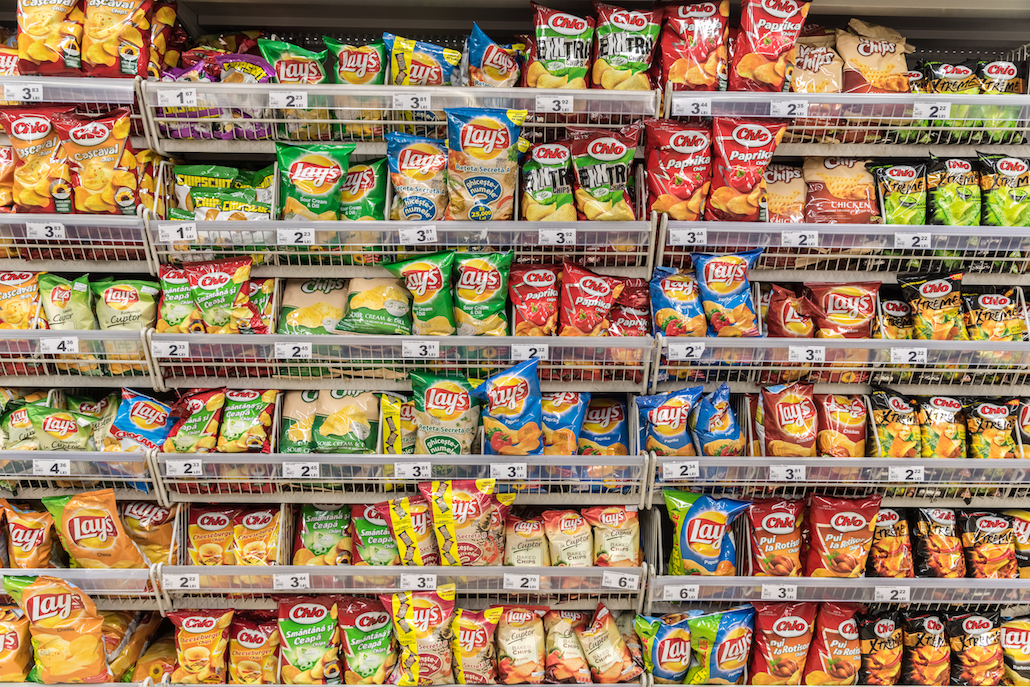
Could a national junk food tax curb obesity in America?
As many of us are aware, poor diet is a leading risk factor for obesity and life-threatening diseases like cardiovascular disease and type 2 diabetes. While we can encourage each other to have healthier diets, sometimes a little more incentive is needed to get someone to improve their eating habits.
An original analysis from researchers at New York University College of Global Public Health and Tufts University Friedman School of Nutrition Science has found that a federal tax on junk food is both legally and administratively feasible. Published online in the American Journal of Public Health, the article indicates that enacting an excise tax paid by junk food manufacturers would be more effective than a sales tax paid for by consumers.
“Economic and social environments can influence food choice in beneficial and harmful directions,” says Jennifer L. Pomeranz, JD, MPH, an assistant professor of public health policy and management at NYU College of Global Public Health and the article’s lead author. “Our finding that a federal manufacturer excise junk food tax – defined through product category or combined category-nutrient approaches – appears to be legally and administratively feasible and has strong implications for nutrition policy.”
Although local taxes on soda and other sugary beverages are increasing in both popularity and political acceptance, a push for a national soda or junk food tax has yet to gain any traction. Important policy questions surrounding such a measure include how these taxed foods would be defined and what that appropriated taxing mechanism would be. To address these questions, the research team looked over scientific literature, recent legislative experiences from the U.S. and other countries on defining targeted foods, U.S. federal taxing and administrative mechanisms, and potential differences by tax type and purpose.
The team identified four methods of classifying foods: by product category (such as soda or candy), broad nutrient criteria, specific nutrients or calories, or a combination. Some of their findings recommended a graduated taxation strategy, meaning that the tax increases as the nutritional quality of the food decreases. Along those same lines, local U.S. junk food tax bills and laws, international junk food laws, and U.S. soda taxes supported taxing foods using nutrient-based, category-based, or combination approaches. The categories that were targeted for taxation most frequently were sugar-sweetened beverages, candy, processed meat products, and sweet and salty snacks.
Analysis also showed that between sales or excise tax, it was determined excise tax would be the most administratively feasible. Excise taxes are usually charged to the manufacturer, distribution, or sale of commodities – rather than the consumer. The U.S. manufacturer excise taxes on alcohol – based on ingredient levels and processing – presented the researchers with an informative model that could also be adopted for junk food taxes.
“One advantage of a manufacturer excise tax is that food companies may be incentivized to reformulate their products if nutrition criteria are incorporated into the tax,” says Pomeranz.
Ultimately, the research team found that a federal excise tax on junk food is both feasible and potentially beneficial to the general public. “Junk food taxes have the potential to substantially reduce the disease burden that results from unhealthy food and beverage consumption in the United States,” concludes Renata Micha, RD, PhD, an associate research professor at the Friedman School at Tufts and one of the study’s senior authors.
—
By Connor Ertz, Earth.com Staff Writer













